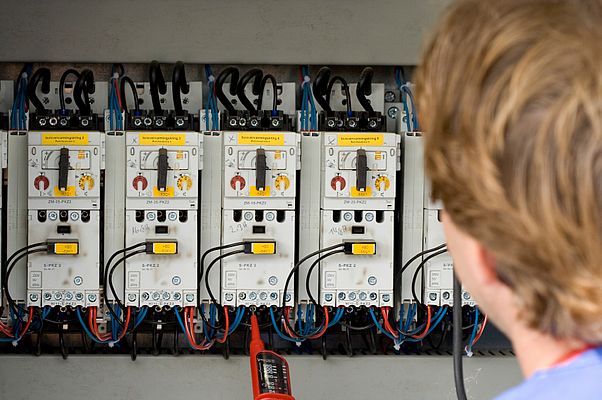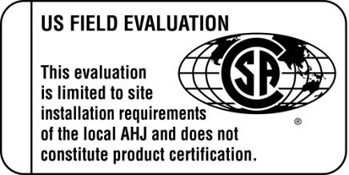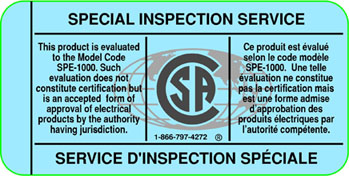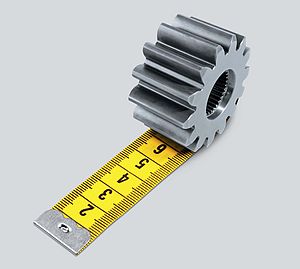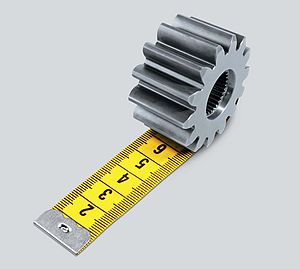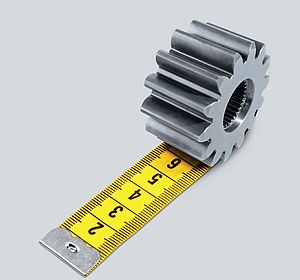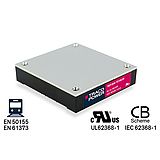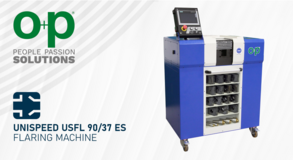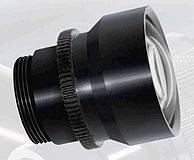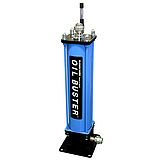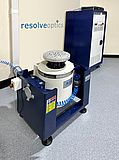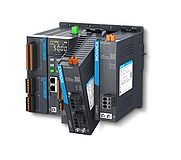Author: Franco Costantini, Manager Field Services CSA Group
North America remains a key market for European companies. New economic agreements such as TTIP and CETA will remove economic barriers. However, organizations will still need to ensure their products are certified to meet North American safety requirements.With an innovative service to provide on-site safety evaluations of electrical equipment, CSA Group has helped companies since summer 2013 to have their products tested - and,if they pass, certified - for the North American markets faster and more cost effectively.
In the past few years important measures have been taken to remove trade barriers such as tariffs (i.e. border taxes), permits, licenses and other forms of red tape in order to facilitate trades between the EU and North America. With the Transatlantic Trade and Investment Partnership (TTIP) between the EU and the USA and the Comprehensive Trade and Economic Agreement (CETA) between the EU and Canada, two major Free Trade Agreements are on their way to passing legislation this year.
That is good news for companies exporting to North American markets:for example, the provisions included in CETA will remove 99.6% of industrial goods tariffs in place at entry to Canada. This will lower the costs for manufacturers, reduce the time to market and affect the international supply chain. Ultimately CETA is expected to bring an increase in the bilateraltrade of goods and services by up to 23%, or 26 billion Euros ($33.5billion)i.
Technical approval can be time consuming
What will remain as a challenge for export are product certifications and adherence to technical regulations such as those that ensure, for example,that electrical safety standards are met. Without compliance to the applicable electrical safety standards, the Authorities Having Jurisdiction (AHJs)in Canada or the USA won't accept equipment and products for the North American market.
Manufacturers have several options to obtain approval for their equipment,based on the category of products, applicable requirements and volume of production. The typical route is through Certifications by a Certification body that has been accredited by authorities in Canada such as the Standard Council of Canada or OSHA in the USA.
The Certification Body bases its certification upon review of technical information, testing (usually destructive) and evaluation of a representative sample of equipment as produced according to standards (type testing). Certification is granted if the sample is found to be in conformance. Consequently,periodic inspections at the manufacturer's premises are performed to verify the continued compliance. For electrical products, this is usually done four times a year. Certifications of finished machines and assembled products are typically based on the fact that their components are also already certified. Although it is very important to ensure the safety of the products, these certification requirements can sometimes be seen as burdensome by the manufacturers - in particular by those who either have single or low-quantity volumes of products, prototypes or have developed specialized made-to-order products for which no specific certification requirements exist.
Special Inspections/US Field Evaluations provide faster access to North American Markets
Certification bodies such as CSA Group have therefore looked into ways to support these companies. How can they meet the requirements in a more timely and cost-effective manner? The answer is "US Field Evaluation" for the US market entry or "Special Inspection" for Canada. These testing and certification services have to be conducted by an inspection body that has been accredited by an organization such as the Standards Council of Canada (SCC) for Canada or OSHA for the USA.
In summer 2013, CSA Group formally launched its Field Evaluation program, a service for Special Inspections / Field Evaluations delivered throughout Europe. The goal is to provide manufacturers with the solution that is most appropriate to their needs and to their equipment. The service consists of an inspection and - should the equipment pass that inspection - of an on-site labeling of up to 500 units of equipment directly in Europe, which can be conducted within one week. This is incredibly fast in comparison to the traditional approach.
Special Inspections / US Field Evaluations can be applied to a large variety of products from printing or packaging machines to small appliances,control panels, and transformers. Typically it is best suited for custom built equipment, equipment sold in quantities of not more than 500 units,equipment not certifiable under a certification program, complete systems or sub assemblies that are all available for evaluation during the inspection.Special Inspections / US Field Evaluations can be applied whether or not there are existing standards for the product in place. Based on their needs and market requirements, in cases where there are established standards, companies now have the option to choose whether they would like to undertake the comprehensive process of a full certification or receive a faster approval through a field evaluation.
Based on approved Model Codes for North America - but not a full testing service
For Canada, the Special Inspection is based on the Canadian requirements of the Model Code SPE-1000-13 and the US Field Evaluation is based on the US requirements of the code NFPA791. These model codes set electrical,heat, shock and hazard requirements for electrical equipment.
The SPE-1000-13 has been developed by a committee composed of representatives from several electrical safety authorities to make sure that the community is represented and its safety safeguarded: representatives of governments, councils, the SCC (Standards Council of Canada), the Canadian Advisory Council on Electrical Safety, the Electrical Safety Authority,etc. Under this Model Code, the Special Inspection is also based on applicable standards taken as a guideline (for example the Canadian Electrical Code, Part II). In other words: the Model Code sets the requirements for safety and applicable standards can be used as a guideline by engineers to conduct the respective assessment. It is used in conjunction with the requirements of the Canadian Electrical Code, Part I, and addresses minimum construction, marking and test requirements in order for the equipment to be labeled.
Special Inspections / Field Evaluations are an innovative, extremely fast and cost effective way to receive the approvals required to ship products to North America and ensure conformity to local market requirements.
isource: Canada and EU sign free trade agreement. Trade Finance, 14648873, Oct2013,Vol. 16, Issue 9
How does it work?
The typical process of a Special Inspection starts with the Certification body's engineer collecting all necessary technical information. The engineer then plans the inspection with the client, conducts the inspection on-site (it can beat the manufacturer, distributor, final installation) and - if passed - labels each evaluated product and issues the report.
Additional Services
When required, additional tests can be performed; however, these will be non-destructive. They can be carried out on a separate representative sample,supplied for the sole purpose of testing. If this route is not possible, alternative solutions can be undertaken to assess the conformance, for example by evaluating test data provided by the manufacturer.If a manufacturer is not an expert with North American electrical safety requirements, the Special Inspection service can be supplemented by technical information services (TIS). They aim to identify any item to be addressed and amended before proceeding with the Special Inspection. This is another example of how certification bodies can support companies that are working to ensure their products comply with North American requirements.


